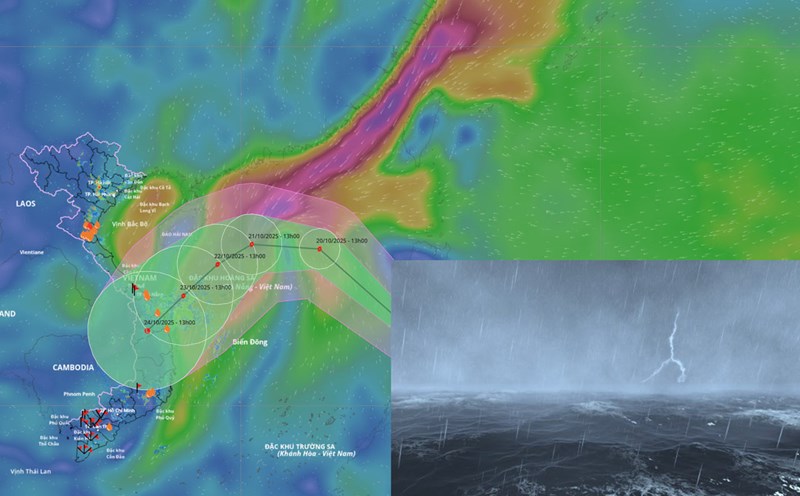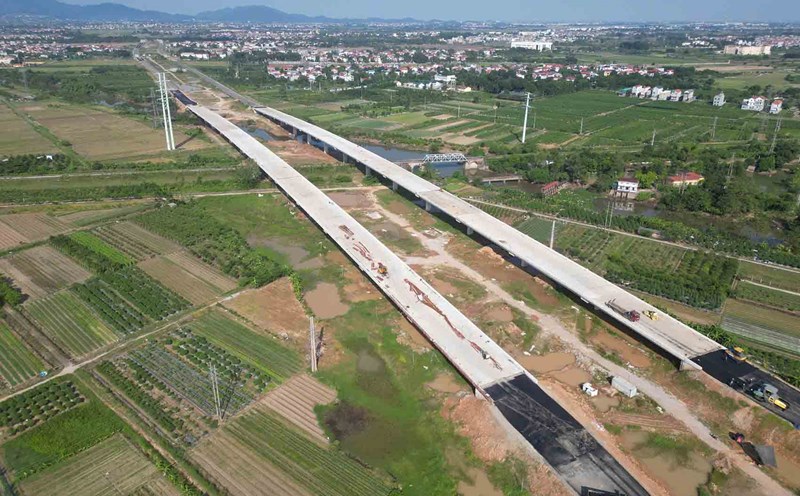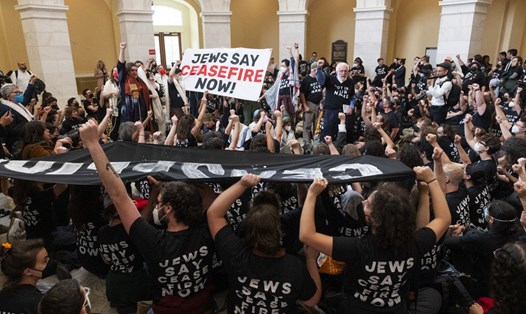On October 18, according to the latest data from the organizers of the "No Kings" movement, at least 7 million people participated in protests across the US.
"In one of the largest one-day national protests in U.S. history, nearly 7 million Americans gathered today, 2 million more than in June, in more than 2,700 cities and towns," the organizers said.
The statement affirmed that the demonstrators stood together in a nonviolent challenge to authoritarianism and affirmed that this country belonged to the people, not to the kings.
"No Kings" is a mass movement in the US, formed to protest President Donald Trump's policies and leadership style that they consider authoritarian.
The name "No Kings" is a direct reference to the history of the founding of the United States. The United States was founded as a Republic to resist the monarchy of King George III of England.
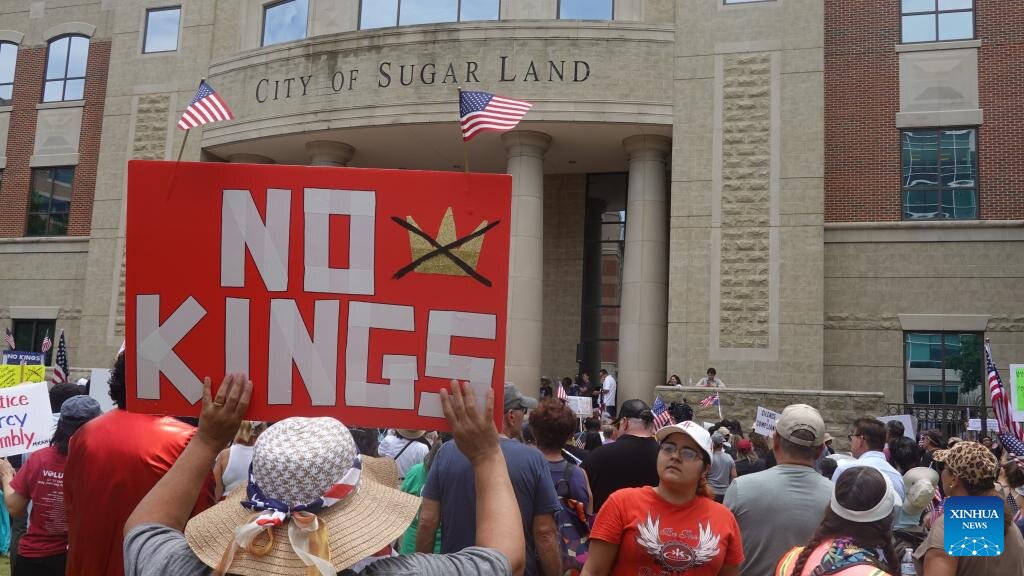
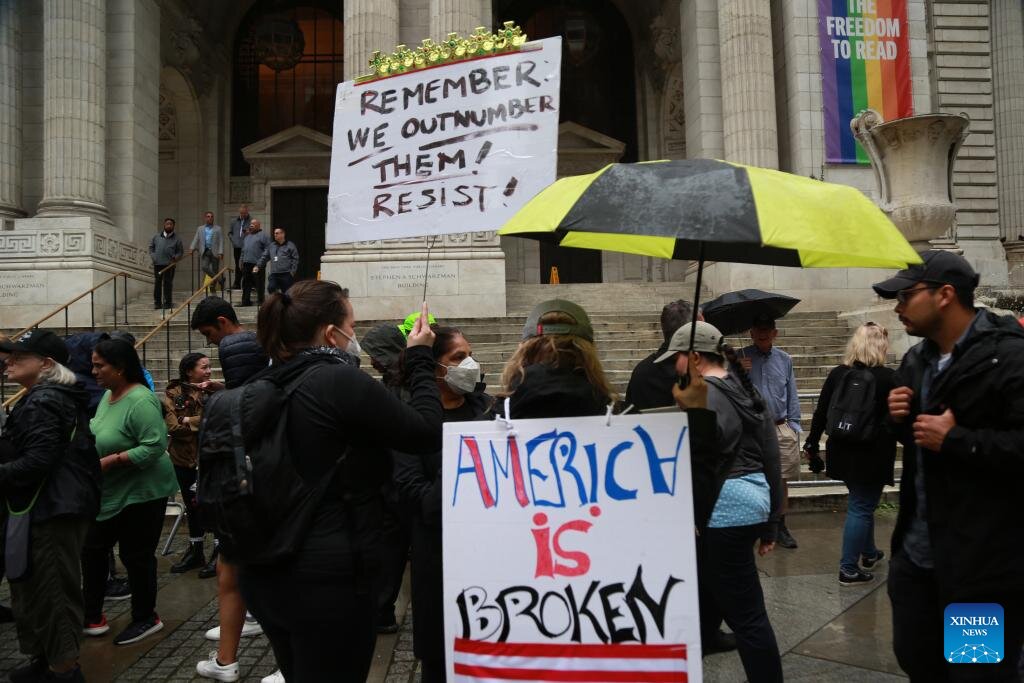
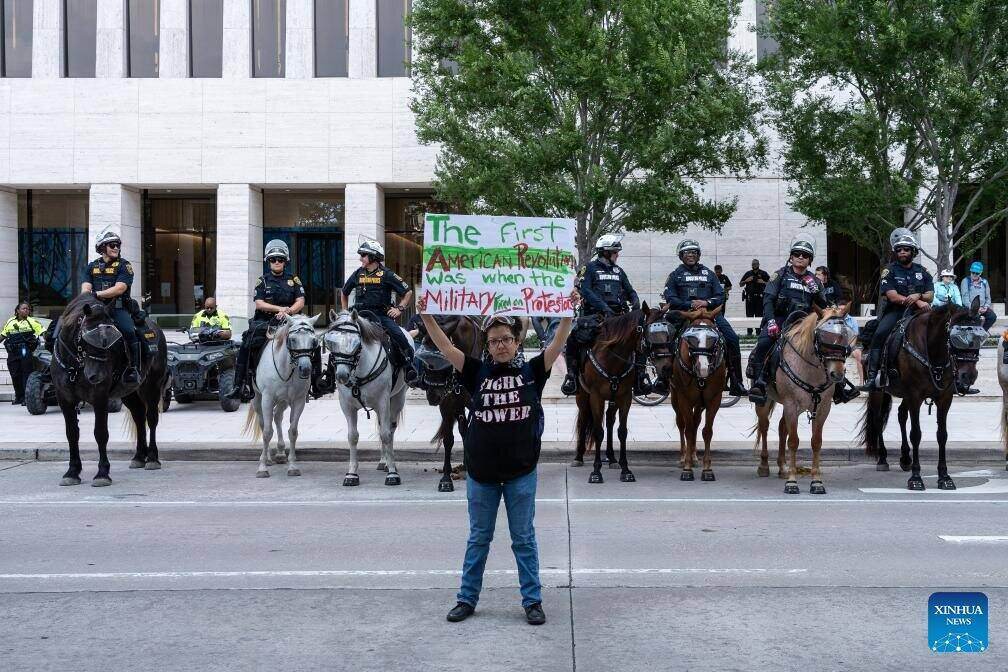
The protests often focused on concerns about the erosion of democratic standards. Critics often point to President Trump's use of executive decrees, his statements targeting the judicial system and the press, as well as foreign policies that are said to have ignored traditional diplomatic channels. For participants, these are manifestations of a president's concentrated power and actions beyond the limits.
This protest shows the continuous development and growth of the movement. The protest previously took place on June 14, which coincided with Trump's birthday and military parade in the US. The event attracted about 5 million participants in 2,100 cities. The increase of 2 million participants in just a few months shows that the movement is increasingly attracting more widespread support.
The No Kings movement is also part of a wave of large-scale mass protests that have shaped US politics in recent years. Similar to the Women's Marches or Black live Matter protests, it shows the strong mobilization of a part of the population who disagree with the policies of the incumbent government, using the right to freedom of assembly to express their opinions.



